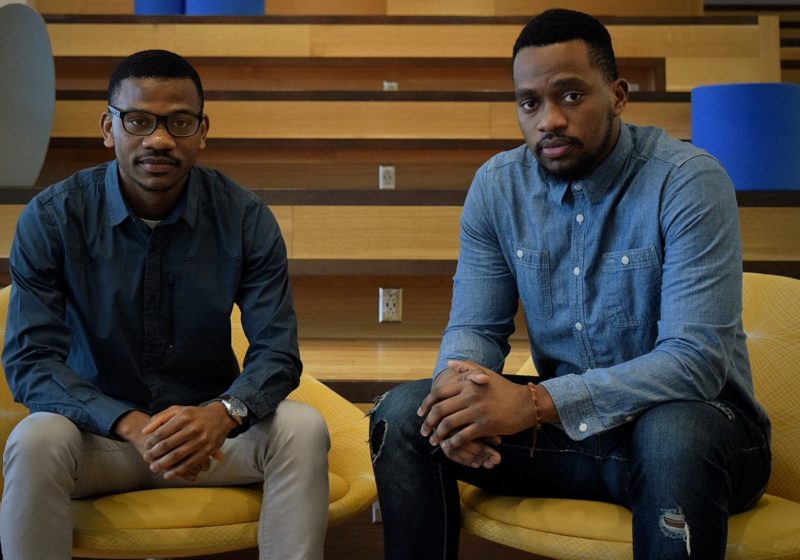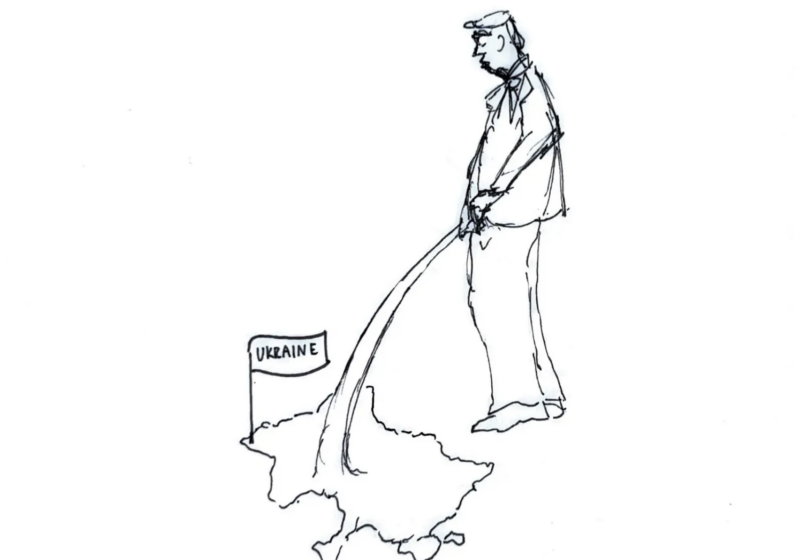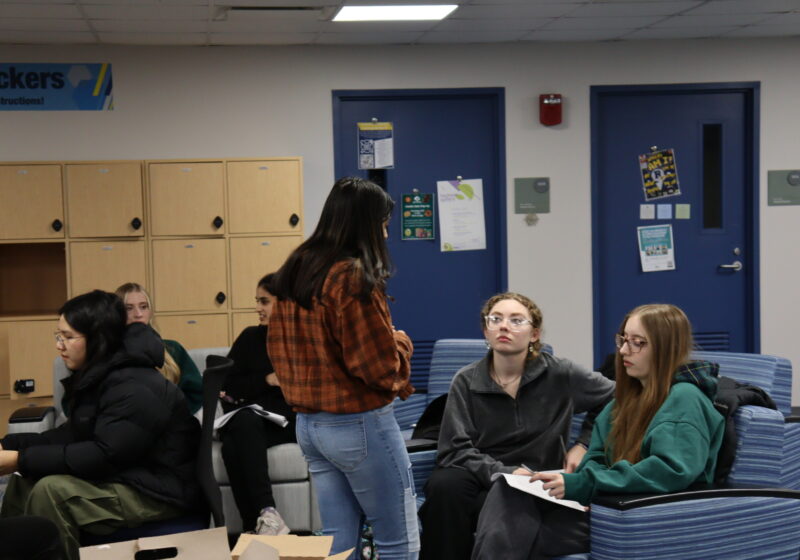KBH Consultancy was born in 2017 when three UR students — juniors Frederico Hama and Dewey Bazirake, and William Kaseu ‘18 — asked themselves why many students in Africa do not have access to higher education.
They realized that even if all the students in Africa were qualified to attend college, there would still be a scarcity of colleges in the continent. Furthermore, low-income families in Africa simply cannot afford higher education for their children.
KBH aims to help African students apply to colleges in the U.S. and pursue the numerous opportunities available here, not the least of which is the availability of financial aid to international students.
“We formed KBH Consultancy as a bridge to education for low-income African students,” Hama said. Their mission is to help free Africa from the cycle of poverty, and for that, they want to recruit and aid students who, after receiving an education in the U.S., return to Africa and help their home countries prosper.
The first step is to reach out to African students. “We identified UR students who hail from Africa,” Hama explained. “When these students go back home for the summer break, they reach out to kids from their old high schools to spread the awareness about our organization.” KBH also makes extensive use of social media as a marketing tool.
Newly recruited students then go through an interview to enable the KBH counselors, consisting of the co-founders and three other UR international students, to get to know them better. “During the interview, the students are also made aware of the scholarship opportunities available to them in the United States, and the intricacies of the application process,” Hama said. After the interview, the counselors work with recruits to come up with a list of colleges. After that, the application process begins.
From helping the students select colleges to making sure they meet every deadline, KBH Consultancy provides step-by-step mentorship during the whole application process. They also pay the application fee for some students who are denied waivers.
First, KBH provides students with resources to help them write a first draft of their application essays. The KBH counselors give feedback that students incorporate and send back to the counselors. This process is repeated until the counselors are content with the quality. “We never write the essays ourselves,” Hama said.
The 2018–19 application cycle is the first time KBH is mentoring students. For this cycle, they have mentored five students, all of whom are currently awaiting college decisions. Hama is expecting a batch of 15–20 students for the next admissions cycle and wants to reach out to far more students in Africa. To that end, they will be posting short videos detailing all the steps of the college application process on their website.
Moving forward, Hama wants to expand his organization so that every U.S. college has a consultancy dedicated to recruiting African students. The organization’s plan also includes implementing mentorship programs in Africa that will prepare young students for an American education. KBH Consultancy has a clear vision: “We want to help African students explore their passions and think about the ways they can contribute to the society from an early age.”






